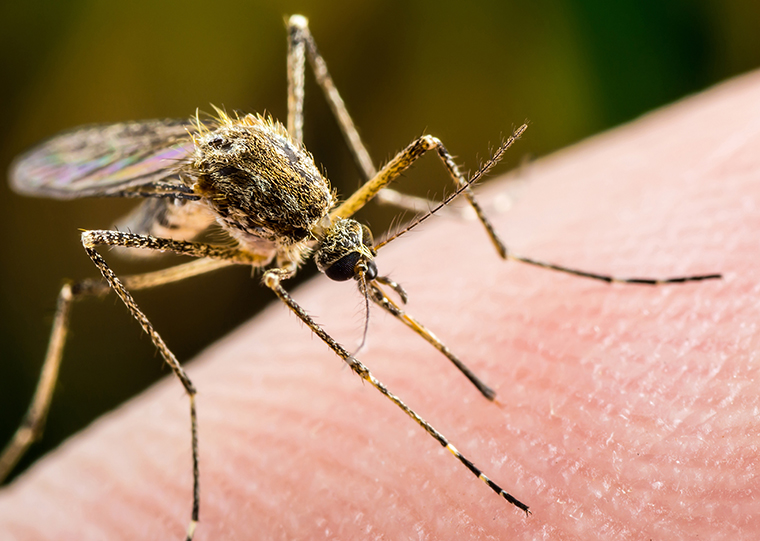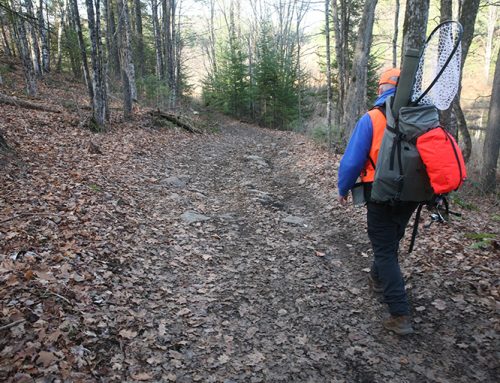
For those wondering if they have been swatting at more flying, blood-sucking insects than usual while outdoors this spring, experts confirm the answer is yes.
“They are noticeably more abundant,” said entomology professor David Beresford, who has specialized in biting flies like the much-maligned mosquito at Peterborough’s Trent University since 2006.
The bumper crop of “skeeters” were delayed by cool temperatures and arrived in a burst, instead of gradually increasing in number as the mercury rose.
The wet spring of 2019 also follows four years of dry weather, so there’s no shortage of breeding grounds, Beresford pointed out.
“We’re seeing very, very high numbers. There are so many areas for them to breed in,” agreed Juliette Arsenault, owner of Minden-based EcoChoice Pest Control and instructor at Fleming College’s School of Environmental and Natural Resource Sciences in Lindsay.
She noted that mosquitoes only need enough water to fill a bottle cap to breed and eggs can sit dry for extended periods of time.
Countryside vernal pools — snow melt in farmer’s fields, for example — are prime breeding sites, Beresford said. Mosquitoes prefer temporary water bodies that don’t support fish so they don’t become prey themselves.
Fighting the buzz
Arsenault encourages property owners to let the sun into their yards to reduce the number of biting insects. Keeping grass cut short, reducing brush piles, and thinning out cedar hedges are some examples.
During a recent site visit, she found a tick on nearly every blade of grass and notes how the biters share habitat. “If you can minimize areas of dampness, you will reduce the abilities of ticks and mosquitos to survive.”
When it comes to protection, Beresford doesn’t recommend slathering on repellent. Four drops of a product containing DEET — a chemical that confuses mosquitoes — should be enough for a morning, he said.
The professor also highlighted the myth that all mosquitoes can carry West Nile virus, when in fact the main vector is culex pipiens, a later-arriving, smaller mosquito more common in urban areas that preys mostly on birds.
In fact, many outdoors people, like anglers and hunters, have already had and are now immune to the virus, which often comes on like a summer cold, Beresford said. Less than 1% of those infected experience severe illness.
You can learn more about West Nile virus from Public Health Ontario, which reported 205 positive mosquito pools and 137 confirmed human cases of West Nile virus in 2018.






Leave A Comment